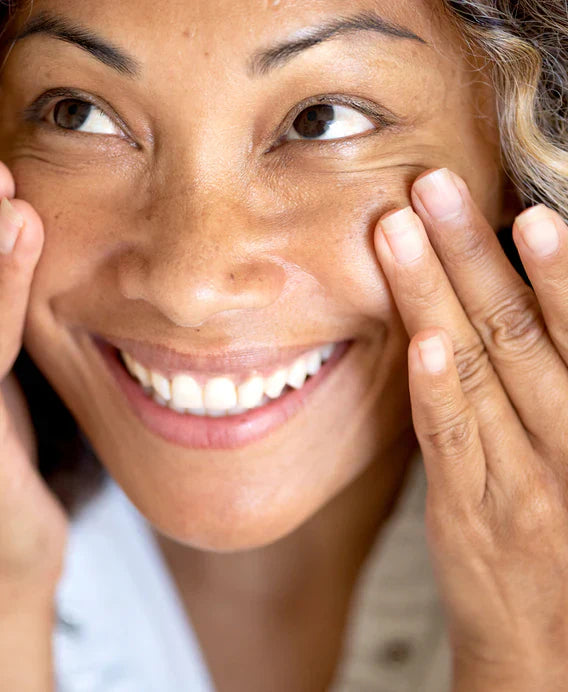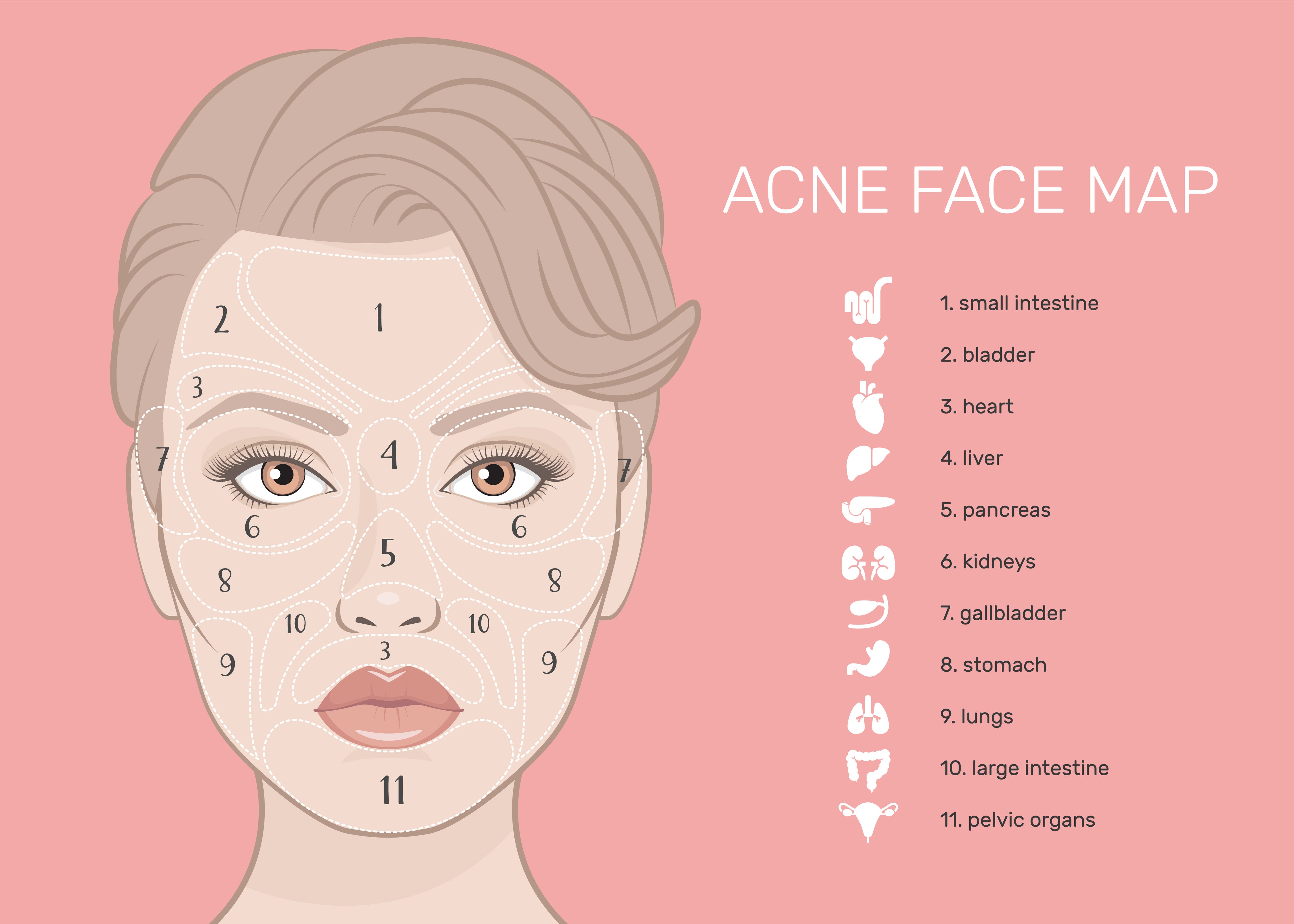
Top 5 Benefits of Exercise for Skin Health
It’s well understood by doctors and scientists today that exercise is one of the best things that you can do to keep your body strong and healthy. Getting enough exercise wasn’t much of a problem in the past, before technology allowed us to live more sedentary lifestyles. More and more people today either work from home, have desk jobs, and use a car for transportation, so it is sometimes difficult to fit exercise into their daily lives. However, it's crucial for our health that we exercise daily. Exercise is good for all aspects of our bodies. It increases physical strength, boosts mental clarity, and promotes healthy skin.

1 – Improved Blood Flow to Nourish Cells
When we exercise, the blood is pumped through our body, working our heart muscles and circulating blood and oxygen. This increased blood flow during exercise can also result in improved circulation even when you’re not exercising. That means all of our body’s cells, including skin cells, are nourished by this blood flow, leading to improved vitality and more effective cellular repair and replacement.
2 – Improved Blood Flow Removes Toxins from Skin
In addition to more effectively delivering vital nutrients to the body’s cells, improved blood flow also means toxins are removed from the body more efficiently.
3 – Decreased Stress Improves Outcomes for Chronic Skin Conditions
The U.S. Dermatology Partners blog has featured posts about the negative impact of stress on skin and hair, especially for those who suffer from chronic skin conditions like acne, eczema, rosacea, and psoriasis. Stress triggers numerous physiological responses within the body that can cause breakouts, inflammation, and allergic skin reactions. Exercise actually decreases the body’s elevated hormonal and immune responses to stress. This can minimize the risk of chronic skin condition breakouts and flare-ups. It also keeps the immune system healthy and better able to respond if needed to combat skin and whole-body health concerns.
4 – Prevent & Reverse the Signs of Aging
There is more and more scientific evidence supporting the fact that appropriate exercise keeps people looking younger for longer. That being said, if you’re exercising outdoors, it’s important to take steps to protect your skin from sun damage. Additionally, extremely exhausting and overtaxing exercise routines may also have negative effects on the skin’s appearance as well as damaging overall health. Listen to your body, find exercises or classes that you truly enjoy, or work with a trainer on exercise routines that are appropriate for you.
5 – Improved Overall Health Places Less Stress on Skin
Finally, we know that our skin is a barrier organ that protects the rest of the body from potential damage. Unfortunately, when the immune system is engaged in keeping the body healthy due to poor health, our skin health will suffer. Regular exercise is an essential part of maintaining good whole-body health, which means your body has the necessary nutrients available to keep skin looking and feeling its best.
Tips for Maintaining Skin Health as You Exercise
People with chronic skin conditions like acne or eczema may see a temporary flare-up when they start exercising, but in the long term, these conditions typically improve, if flare-ups continue it's time to see your doctor or dermatologist. I know it can be frustrating to deal with a breakout, but it’s worth it to achieve the long term benefits. Some of the steps you can take to protect your skin health while maintaining an exercise routine are included below:
- Clean skin – After you exercise, you should take a shower whenever possible. Use gentle skin cleansers on the whole body, and don’t forget to wash your face.
- Dress appropriately – Wear loose-fitting, moisture-wicking clothing to avoid issues like chafing, irritation, and rashes.
- Wear sunscreen – If you’re exercising outdoors, it’s essential to apply sunscreen of SPF 30 or higher (and reapply at least every two hours). Whenever possible, avoid exercising outdoors during the peak sun exposure hours between 10 am and 4 pm.
- Treat skin – If you notice your skin is chafing, rashes appear, or blisters form, make sure you treat these skin conditions right away. Additionally, you should take steps to treat flare-ups or breakouts in chronic skin conditions like eczema, rosacea, psoriasis, and acne based on your dermatologist’s recommendations.


